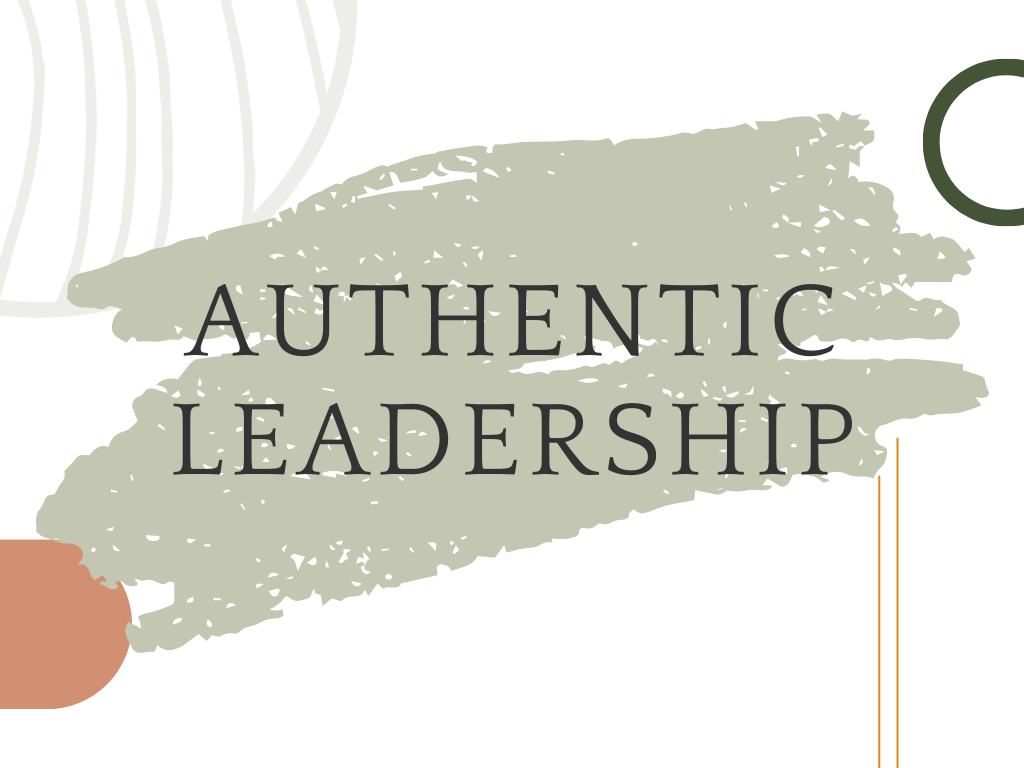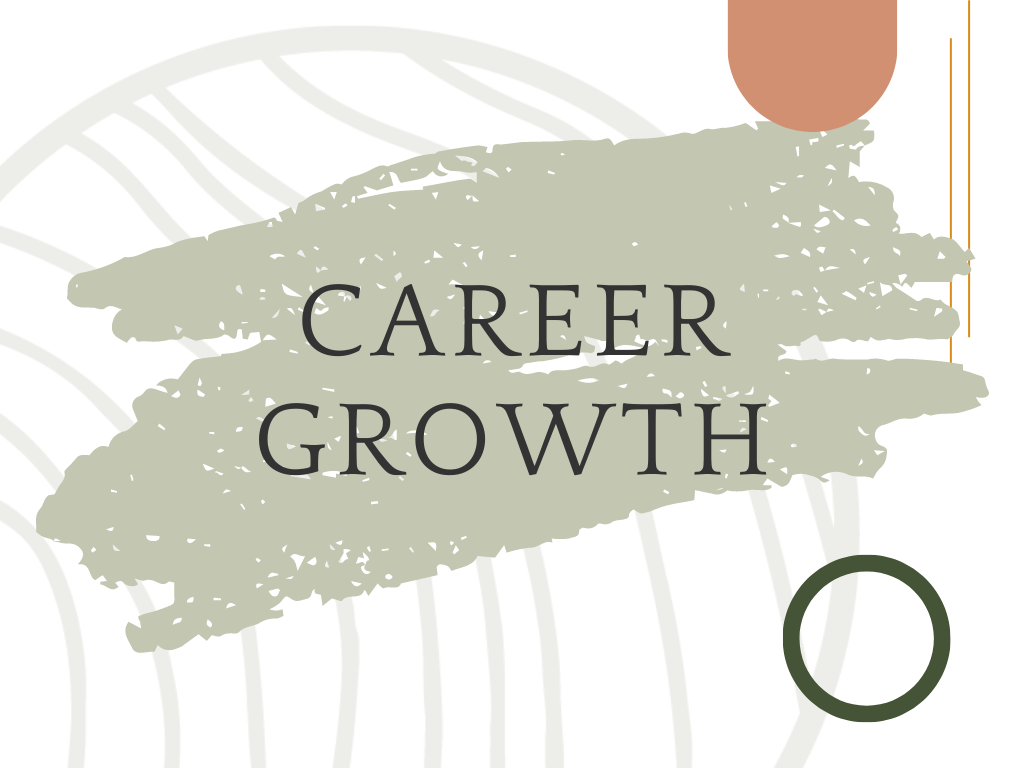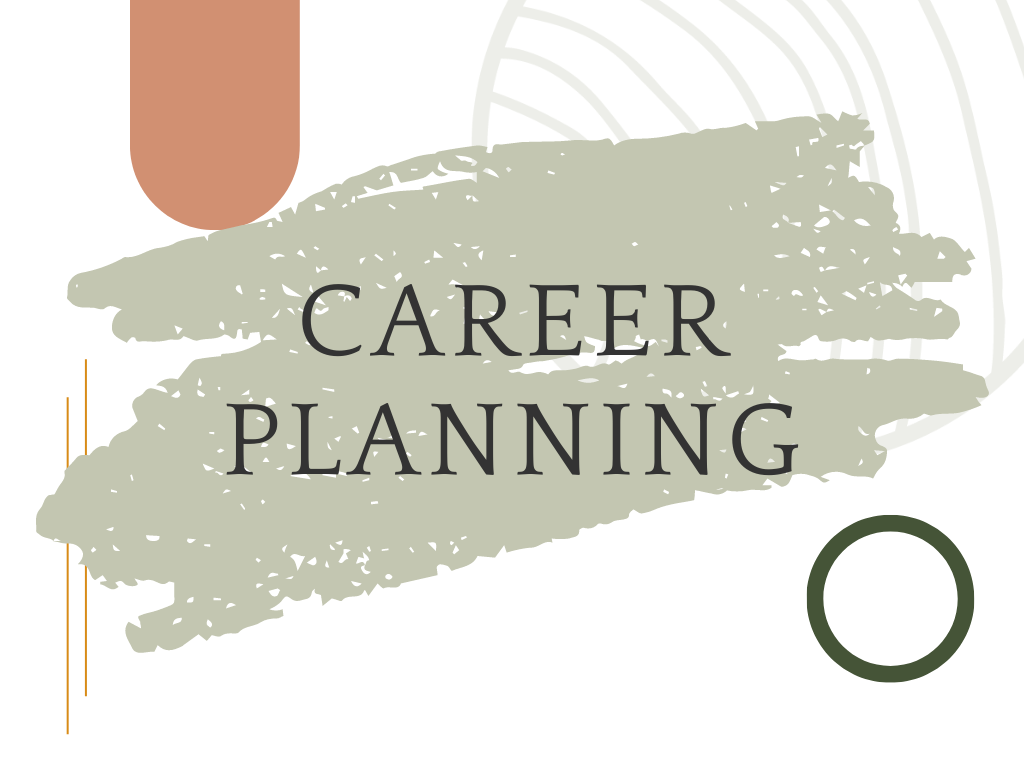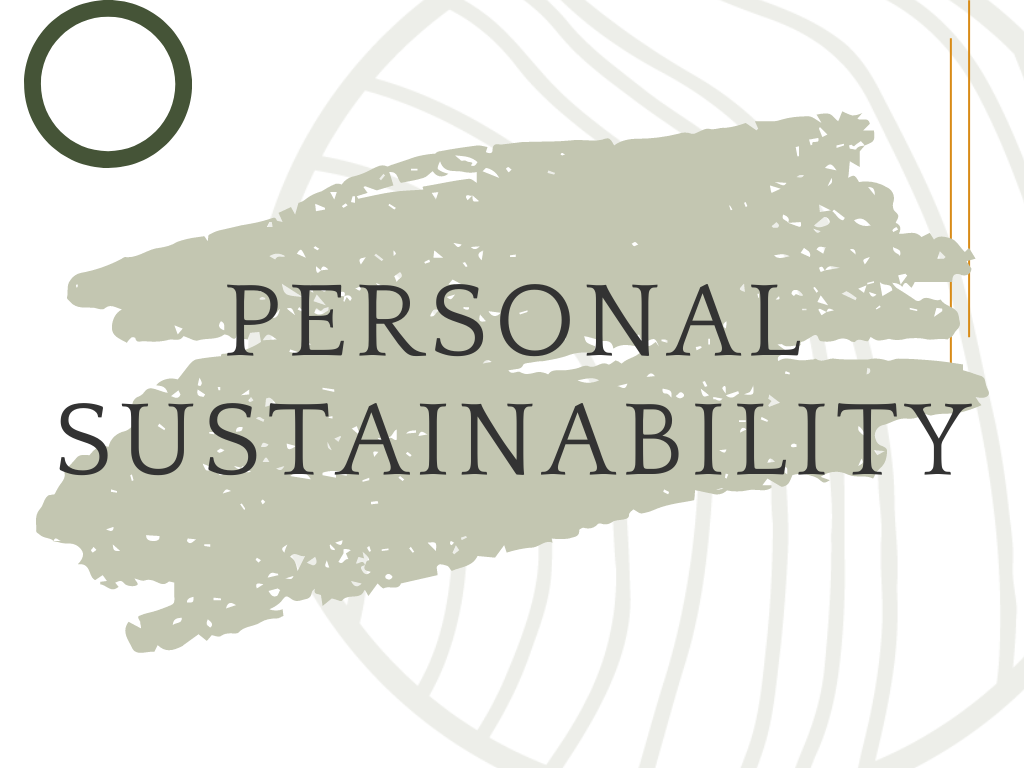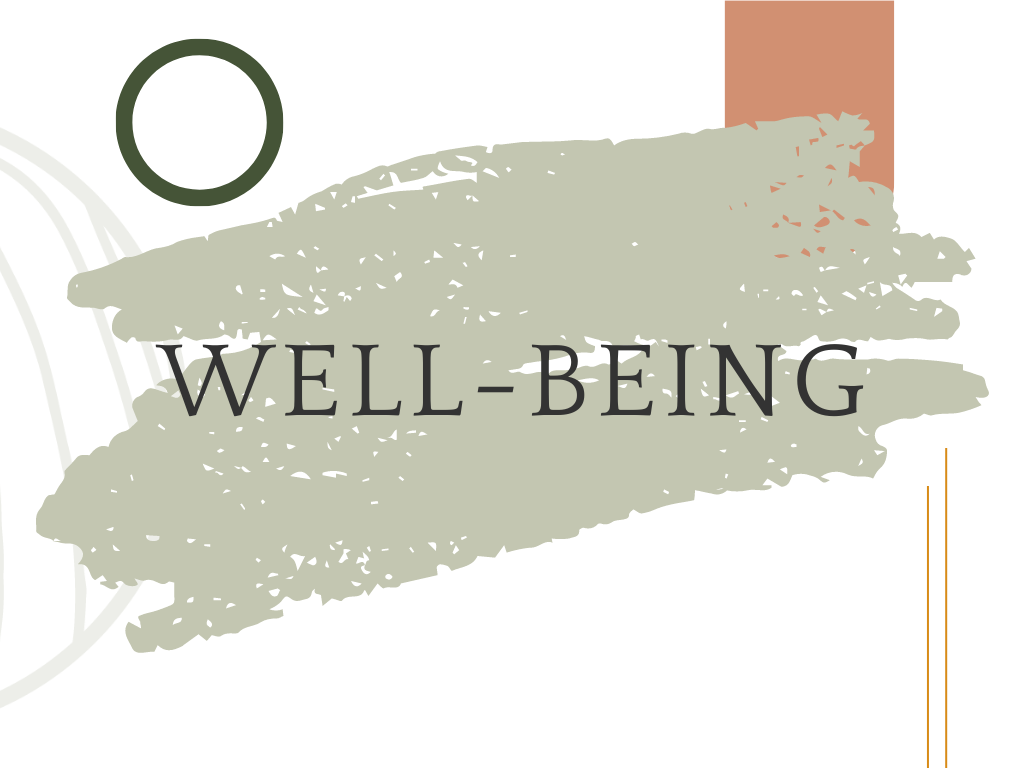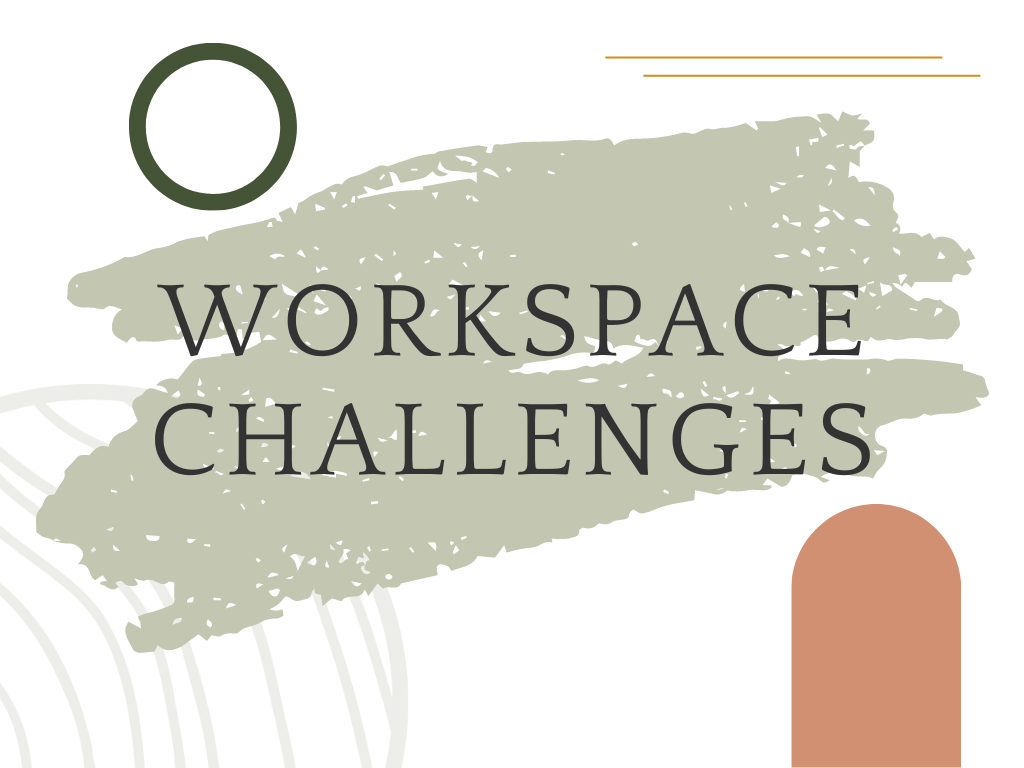
Start your journey to personal sustainability, discover well-being strategies, and achieve balance and happiness now!
Blog
What do you want to explore today?

Jump Start Your Productivity and Focus: Four Steps to Overcome Procrastination
We’ve all faced tasks left untouched for too long, feeling overwhelmed as procrastination drains our energy and motivation. It's often a sign of burnout, misalignment with goals, or fear of imperfection. Shift your mindset by identifying the first strategic step, clearing your workspace, and visualizing success. Break tasks into five-minute actions, leverage accountability, and align work with your energy peaks. Transform procrastination into purposeful productivity.

How to Stop Fear from Taking Over When You're Facing Career Uncertainty
Career uncertainty can be overwhelming—whether you love your job but fear it won’t last, feel stuck in a role you’ve outgrown, or have no idea what comes next. Fear often keeps us paralyzed, filling our minds with worst-case scenarios and self-doubt. But anxiety is the brain’s big lie—it pushes us to retreat, even when no immediate danger exists. The key to moving forward? Interrupt the fear cycle, take small actions, and lean into curiosity and connection. In this blog, we’ll explore five practical steps to stop fear from taking over and regain control of your career journey.

Creating Tiny Habits: How to Succeed with Mini-Habits
Building better habits doesn’t have to feel overwhelming. Enter mini-habits: tiny, manageable actions that make creating lasting change simple and stress-free. By starting with ridiculously small goals—like doing one pushup or flossing a single tooth—you can harness your brain’s natural ability to form habits. Mini-habits work because they focus on consistency, not intensity, making success easy and sustainable. Over time, these small actions compound into significant transformations, proving that even the smallest steps can lead to big results.

4 Myths Busted: Realize LinkedIn’s True Power (Guest article)

From Surviving to Thriving: How to Manage Your Energy, Not Your Tasks
eeling drained at the end of your workday? You’re not alone. Many high-achievers fall into the trap of managing tasks instead of managing their energy, leading to burnout and reduced creativity. This blog dives into how understanding your energy patterns can help you work smarter—not harder. Learn how to design your day with intentional recharge periods, prioritize energy-boosting activities, and minimize draining tasks. By focusing on energy management, you can unlock your peak productivity, enhance creativity, and thrive both personally and professionally.

Are You Struggling to Get Enough Done at Work? 8 Ways Work Smarter – Not Harder
Not getting enough done at work? Feeling sorely behind? Caught between wanting success and lacking work-life balance? Do you just want a little more time? One thing is true. We can’t manufacture more time.

How to Move from Feeling Stagnant in Your Career to Engaged and Thriving at Work
Feeling stagnant in your career can lead to disengagement, boredom, and burnout. To move from feeling stuck to thriving at work, it’s essential to increase your engagement by focusing on your strengths. Research shows that knowing and using your unique strengths not only boosts confidence but also leads to greater satisfaction and career growth. Instead of following the conventional approach of fixing weaknesses, discover your "secret sauce" by identifying what energizes and motivates you at work. By leveraging your strengths, you can reignite your passion, enhance your professional impact, and find fulfillment in your career.

Why Being Good at Something Doesn’t Guarantee Career Fulfillment
Many people believe that being good at something means it should be their career path. But this common misconception often leads to frustration and burnout. Just because you're good at project management, leading meetings, or managing staff doesn't mean those roles are right for you. The key to career fulfillment isn't just about excelling at your job—it's about finding the activities that truly energize and strengthen you. This is where your zone of genius lies, and it's in this zone that you'll find true satisfaction and success.

The Truth About Work-Life Balance: Common Misconceptions and How to Overcome Them
In today's fast-paced world, achieving work-life balance often feels like an elusive goal. Many of us grapple with the constant tug-of-war between professional demands and personal fulfillment. However, the path to true harmony may be clouded by common misconceptions. In "Rethinking Work-Life Balance: 8 Myths and 3 Practical Steps," we explore the myths that often lead us astray and provide actionable steps to integrate work and life more effectively. By understanding these myths and implementing simple yet meaningful changes, you can move towards a more balanced, fulfilling life. Discover how personalized approaches, clear boundaries, and quality time can transform your daily routine into one that supports your overall well-being.

Understanding and Addressing Burnout: It's Not Just About Overwork
Burnout is a prevalent issue in today’s workforce, with 8 in 10 workers experiencing some level of it. While many resources focus on overwork as the primary cause of burnout, there's another significant factor that's often overlooked: being in the wrong role.
When your job doesn't align with your strengths, values, and interests, it can lead to the same feelings of exhaustion and disengagement typically attributed to overwork. This misalignment, known as poor job fit, can be just as detrimental to your well-being.
If you constantly feel like you're spinning your wheels, unable to keep up, or overwhelmed by even small tasks, it might be time to evaluate whether your role truly suits you. Incorporating strategies like managing your workload, seeking managerial support, and reassessing your job fit can help address and mitigate burnout effectively.

Can You Really Feel Happier at Work?
Is happiness at work achievable, or is it reserved for home or vacations? For years, I longed for the end of the workday and counted down to weekends and vacations, feeling deflated by the thought that my career was unfixable. However, experts assert that well-being at work is possible. The key is to take a holistic view of your life, considering overall well-being rather than focusing solely on your career.
Gallup's research identifies five essential well-being categories: career, social, financial, physical, and community. By balancing these aspects, you can enhance your well-being and happiness. For instance, investing in physical health can boost your energy, nurturing friendships can improve your social life, and engaging in your community can enhance your sense of belonging.
At work, increasing engagement is crucial. Focus on what you love, invest in meaningful work relationships, and leverage your strengths. It's about magnifying the positive aspects of your job, not just fixing what drains you. This approach leads to greater happiness in both life and work.

Unleashing Career Potential through Job Crafting
Unlock your career potential and achieve greater job happiness by exploring the concept of job crafting. In this blog, we delve into research showing how customizing your job to fit your strengths and passions can significantly reduce burnout. Learn practical strategies to enhance your career growth and seamlessly navigate career changes, ensuring your work remains fulfilling and aligned with your personal values. Discover how small adjustments can make a big difference in your professional life, leading to a more resilient and satisfying career.

How I Keep My true Priorities in Check
In 2016, I took a leap of faith, announcing the launch of my coaching business to over 50 people. The career pivot from full-time work to entrepreneurship was daunting, but it led to coaching hundreds of remarkable individuals. Balancing urgent daily obligations with true priorities like family, personal growth, and professional development required tenacity. By setting clear intentions, valuing my time, and drawing boundaries, I've crafted a fulfilling life that aligns with my values. This journey underscores the power of small, consistent actions in achieving significant transformations.

the art of Providing employee feedback
Providing constructive feedback to employees is essential for growth and maintaining positive relationships. Effective feedback should be clear, supportive, and aimed at fostering an environment where employees feel valued. Start by creating a supportive environment and encouraging self-reflection. Use specific examples to provide feedback, show empathy, and solicit their perspective. Collaborate on actionable solutions and clearly communicate expectations. By making feedback an ongoing process, you enhance employee performance and engagement, building a stronger team.

The Surprising Secret to Boosting Productivity: Working Less
Do the most productive employees work 60 to 70+ hours a week? No and the studies reinforce that. What experts have figured out is that the most productive employees work less and even have more time in their day to relax and rest.

The art of getting unstuck: The Power of Dreaming
When you get stuck in thinking about your next career move or are just feeling stuck in life, there is considerable power in the act of dreaming. Learn about the power of dreaming and then learn about the 100 dreams exercise to help you get unstuck so you can move forward.

Debunking Career Fulfillment Myths: Focus on Strengths, Not Weaknesses or Passions
When seeking career fulfillment, don’t fall into the trap of the myth you should fix your weaknesses or focus on passion. True career fulfillment is found by investing in your talent and turning them into strengths.

The Power of Values: Finding Fulfillment in Your Career
Aligning our work with our values is fundamental to achieving true fulfillment and success in our careers. We often compartmentalize our values, assuming they're inherently integrated into our daily work or disregarding them entirely when focusing on career growth and advancement.

The Antidote to Stress: Well-being, A Holistic Approach to Thriving in a Demanding World
The antidote to stress and anxiety is well-being. Improve well-being to reduce stress, anxiety,

Finding Clarity Amidst Career Uncertainty: A Personal Journey
Feeling lost in your career? Here are actions to take when you need career clarity

